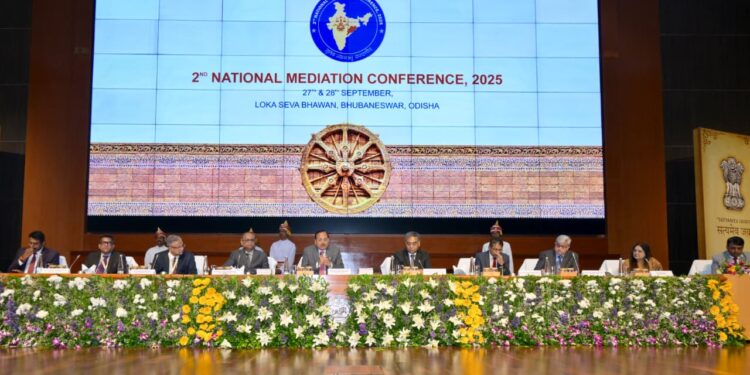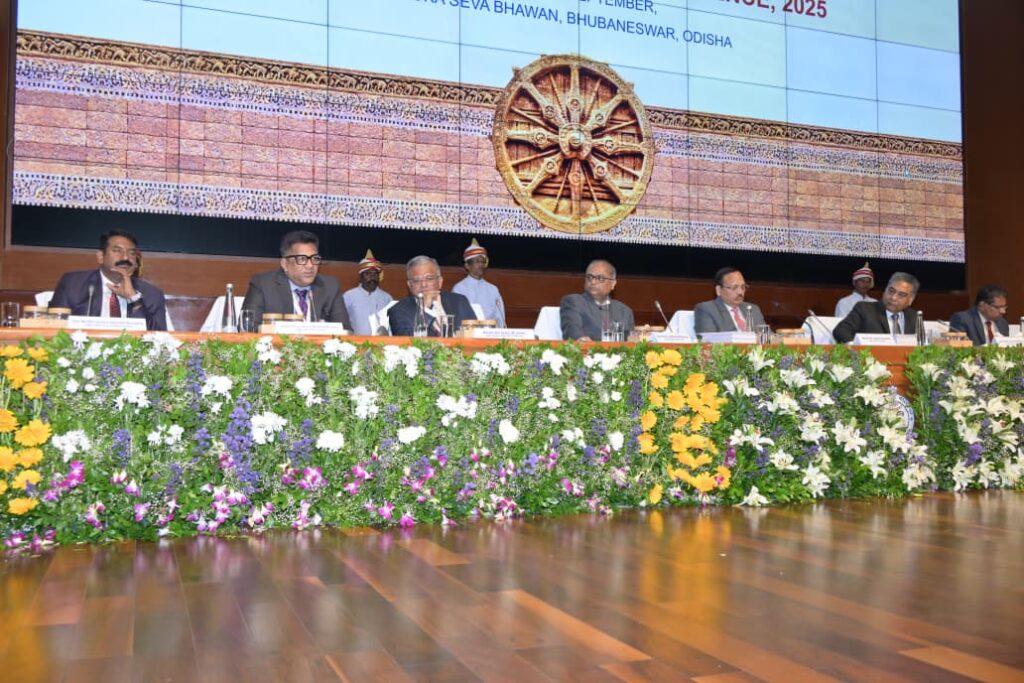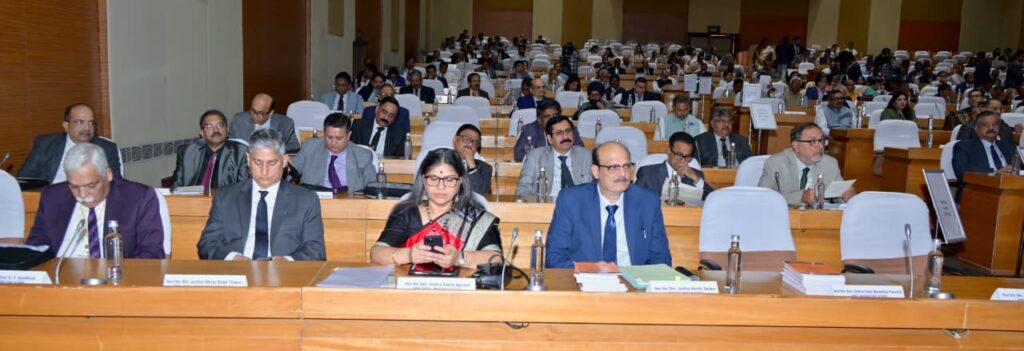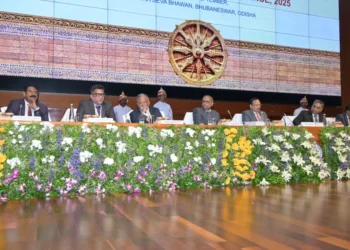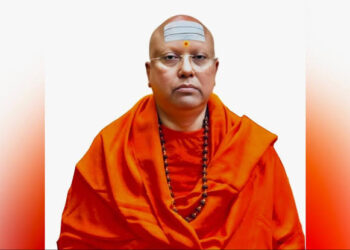The 2nd National Mediation Conference kicked off its second day with a dynamic interactive session that delved into the pressing theme of “Mediation: Challenges and the Way Forward.”
Chaired by Hon’ble Shri Justice Surya Kant, Judge of the Supreme Court of India and Chairman of the National Legal Services Authority (NALSA), the session was co-chaired by Hon’ble Shri Justice Vipul M. Pancholi, also of the Supreme Court. Hon’ble Shri Justice M.M. Shrivastava, Chief Justice of the Madras High Court, co-chaired the session.
The hour-long deliberation zeroed in on four critical pillars shaping the future of mediation in India:
Four Critical Pillars
- (i) Mediation as a Profession – exploring accreditation, career opportunities, and fostering a sustainable ecosystem for mediators.
- (ii) Government & Mediation – advocating for mediation as the inaugural step in resolving public disputes.
- (iii) Building Public Trust in Mediation – through enhanced awareness, outreach initiatives, and amplifying success stories.
- (iv) Mediation & Access to Justice – ensuring this alternative dispute resolution mechanism penetrates rural and marginalised communities effectively.
In his keynote address, Justice Surya Kant underscored the urgent imperative for structured mediation nationwide. “We require 2.5 lakh mediators to meet the growing demand, yet we currently have only 13,000 at our disposal,” he remarked, highlighting the stark gap that threatens to bottleneck India’s justice delivery system. He called for robust policy interventions, professional training, and public education to elevate mediation from a niche tool to a cornerstone of conflict resolution.
Related Story: Second National Mediation Conference Kicks Off in Bhubaneswar: Leaders Push for Dialogue Over Disputes
The session resonated with the broader conference ethos. It emphasized mediation’s transformative potential in unclogging India’s overburdened courts and promoting amicable settlements. Participants agreed that bolstering public confidence, securing governmental backing, and granting formal recognition to mediators are non-negotiable for sustainable growth.
Joining the esteemed chairs were a constellation of judicial luminaries. They included Hon’ble Shri Justice M. Sundar, Chief Justice of the High Court of Manipur; Hon’ble Shri Justice R. Suresh Kumar, Judge of the Madras High Court; Hon’ble Shri Justice A. Muhamed Mustaque, Judge of the Kerala High Court; Hon’ble Shri Justice Sachin Datta, Judge of the Delhi High Court; Hon’ble Shri Justice Harinath Nunepally, Judge of the Andhra Pradesh High Court. Additionally, Ms. Nandini Gore, a senior advocate and seasoned mediation practitioner, participated. The discourse was skillfully moderated by George Pothan, ensuring a balanced exchange of insights and actionable strategies.
As the conference progresses, these discussions signal a clarion call for systemic reforms. They position mediation not just as an alternative but as the preferred pathway to justice in a diverse and dynamic nation like India. With rising caseloads and evolving societal needs, the push for mediation could redefine access to fair resolution for millions.

